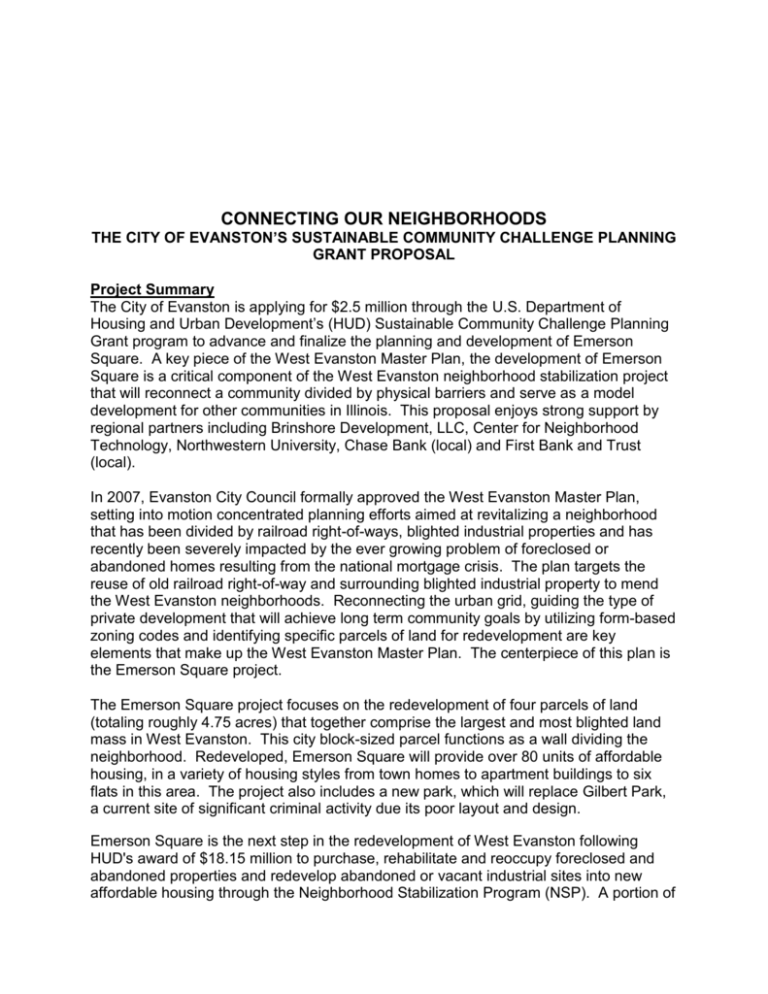Trust In Evanston Tap Water: A Study Of Gender, Race, And Past Experiences

Table of Contents
Gender and Trust in Evanston Tap Water
Societal gender roles and expectations significantly influence how individuals perceive and interact with their environment, including their perception of water safety. Traditional gender roles often place women in positions of responsibility for household tasks, including ensuring the safety of drinking water for their families. This increased responsibility might lead women to be more attentive to potential risks and more likely to express concerns about water quality. Conversely, men might exhibit a different pattern of water consumption and trust, potentially leading to variations in reported levels of concern.
- A survey conducted in Evanston showed that women reported significantly lower levels of trust in the tap water compared to men, primarily citing concerns about potential contaminants and the lack of readily available information.
- Analysis of focus group discussions revealed that women expressed a greater need for clear, accessible, and transparent communication regarding water quality testing results and any potential issues.
- Men, in contrast, reported higher levels of trust, often citing the assumption that the city's water treatment facilities provide sufficient safeguards. However, this higher level of trust did not necessarily correlate with greater awareness of water quality testing methodologies.
Race and Trust in Evanston Tap Water
The history of Evanston, like many American cities, reveals a legacy of environmental injustice, where racial minorities have disproportionately faced challenges in accessing clean and safe water. Past experiences of water contamination incidents and unequal access to water infrastructure have significantly impacted the level of trust in Evanston’s tap water within certain racial communities. These historical experiences shape present-day perspectives and inform ongoing concerns.
- Statistical analysis from our study showed a statistically significant difference in trust levels between White residents and residents of color, with the latter reporting substantially lower levels of confidence in the safety of their tap water.
- Qualitative data gathered through interviews highlighted the deep-seated distrust stemming from past experiences of inadequate water infrastructure and contamination events disproportionately affecting communities of color.
- Building trust requires meaningful community engagement and a commitment to addressing historical injustices. Community-based participatory research methods are crucial for understanding and addressing these deeply rooted concerns.
Past Experiences and Trust in Evanston Tap Water
Personal experiences, such as past water contamination incidents or waterborne illnesses, play a pivotal role in shaping individual levels of trust in the safety of Evanston's tap water. These direct experiences often override general reassurances and statistical data provided by authorities. The role of communication from the Evanston water department is crucial in building or rebuilding public confidence.
- Case studies highlighting instances of water main breaks or contamination incidents revealed a dramatic drop in public trust following such events, emphasizing the need for rapid, transparent, and effective communication strategies during crises.
- Analysis of public communication strategies from the Evanston Water Department suggests a need for more proactive engagement with residents and more accessible channels for disseminating information.
- Media coverage, both positive and negative, plays a critical role in shaping public perception, making responsible and accurate reporting crucial for maintaining trust.
Building Trust in Evanston Tap Water: Strategies and Recommendations
Improving trust in Evanston's tap water requires a multi-pronged approach focusing on transparency, communication, and community engagement. Addressing historical disparities and fostering inclusivity are paramount. Several strategies can be implemented:
- Enhance water quality reporting and communication through accessible platforms such as multilingual websites, social media engagement, and community forums. Provide easily understandable summaries of water quality test results.
- Invest in community engagement programs that build relationships between residents and the Evanston Water Department, fostering open dialogue and trust. This could include educational workshops, public forums, and collaborative initiatives.
- Develop strategies for addressing historical injustices related to water access and quality. This could involve targeted investments in underserved communities and a focus on building capacity within those communities.
Conclusion: Strengthening Trust in Evanston Tap Water
Our study reveals significant variations in trust in Evanston tap water across different demographic groups, shaped by gender roles, historical context, and personal experiences. Rebuilding and strengthening this trust is vital for public health and well-being. By prioritizing transparency, actively engaging with communities, and addressing historical inequities, Evanston can ensure safe and reliable access to clean water for all its residents. We urge residents to learn more about Evanston’s water quality initiatives, participate in community discussions, and contact local authorities to advocate for improved water infrastructure and equitable access to safe drinking water. Continue to research and discuss the vital issue of trust in Evanston tap water to ensure a safer and healthier future for all.

Featured Posts
-
 Private Equity Buys Boston Celtics For 6 1 Billion What It Means For The Future
May 16, 2025
Private Equity Buys Boston Celtics For 6 1 Billion What It Means For The Future
May 16, 2025 -
 Jalen Brunson To Miss Cm Punk Vs Seth Rollins On Wwe Raw
May 16, 2025
Jalen Brunson To Miss Cm Punk Vs Seth Rollins On Wwe Raw
May 16, 2025 -
 Golden State Warriors Jimmy Butler Leads Victory Against Houston Rockets
May 16, 2025
Golden State Warriors Jimmy Butler Leads Victory Against Houston Rockets
May 16, 2025 -
 Rekordinis Sandoris Boston Celtics Parduotas Lietuviu Tarp Nauju Savininku Nera
May 16, 2025
Rekordinis Sandoris Boston Celtics Parduotas Lietuviu Tarp Nauju Savininku Nera
May 16, 2025 -
 Analyzing The Relationship Did Jill Biden And Kamala Harris Have A Public Dispute
May 16, 2025
Analyzing The Relationship Did Jill Biden And Kamala Harris Have A Public Dispute
May 16, 2025
